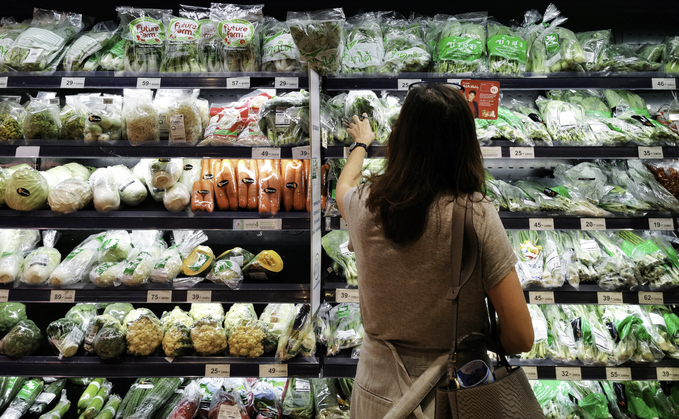
Credit: iStock
Shifting to a plant-rich food system represents 'spectacular pay-off' as climate benefits per dollar far outstrip those on offer from renewables and EV projects, a new study claims
Investing in the development of plant-rich food systems could offer more than five-times the emissions cuts provided by the same investment in renewable energy, and four times the reduction on offer from...
To continue reading this article...
Join BusinessGreen
In just a few clicks you can start your free BusinessGreen Lite membership for 12 months, providing you access to:
- Three complimentary articles per month covering the latest real-time news, analysis, and opinion from Europe’s leading source of information on the Green economy and business
- Receive important and breaking news stories via our daily news alert
- Our weekly newsletter with the best of the week’s green business news and analysis








